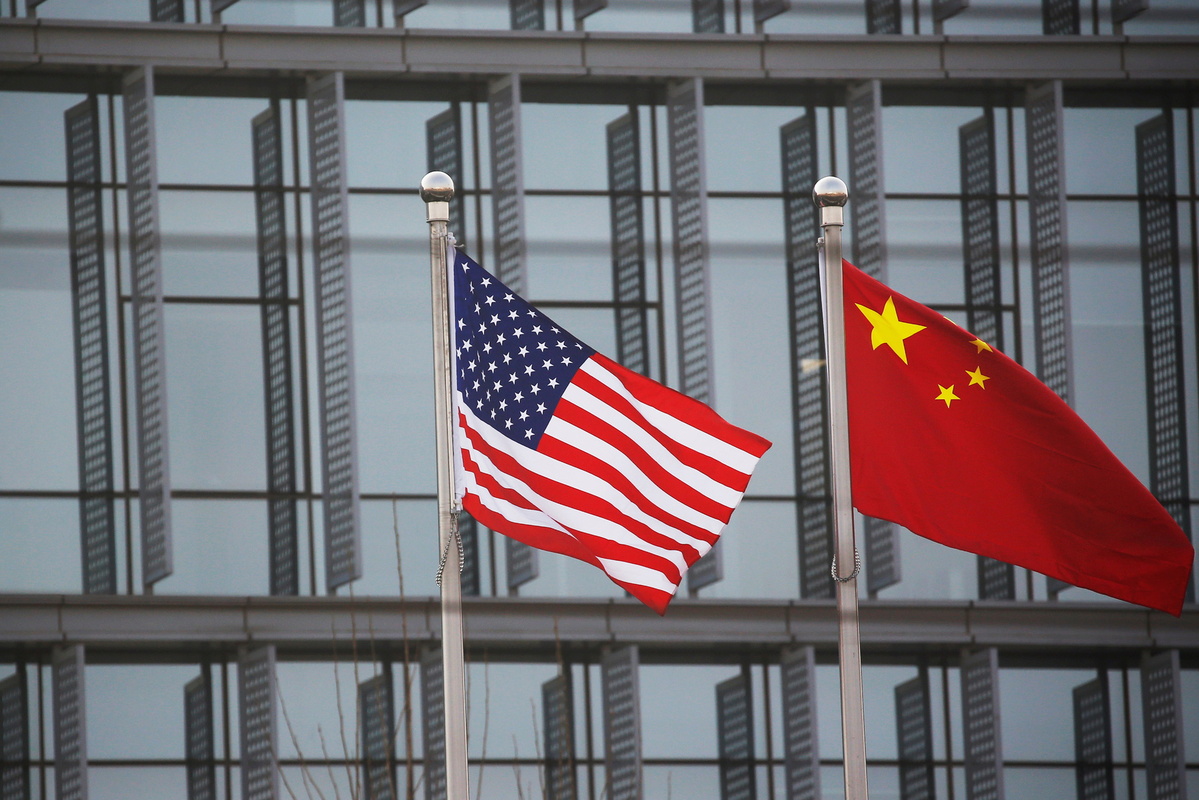Creating a new world of peaceful coexistence among great powers


I believe that history has come to a moment to test the wisdom of the Chinese and American governments and even the whole of humanity. I am confident that we can make history and create a new world of peaceful coexistence among great powers.
First, the Thucydides Trap only represents the past, not the future. Rather than simply repeating itself, history keeps opening up new paths and seeking ways of coexistence. History will never allow China and the United States to repeat the Thucydides Trap because it could mean the destruction of civilization and even the destruction of the Earth.
Second, the Russian-Ukrainian conflict and the Israeli-Palestinian war have warned and will continue to warn mankind that starting a war before thinking twice is a crazy and criminal act against oneself, their fellow humans and even their enemies. The world will fall into darkness without winners.
Third, China and the United States can transcend their past confrontations over interests and move towards harmonious coexistence and win-win outcomes. The two countries can learn from eachother in cultural exchanges, with much to offer and nourish the other. Innovation in new technology and new energy is opening up a new path for mankind to go beyond fossil energy. China and the US do not need to compete for resources in a zero-sum game as great powers did in the past. As the world's largest developing economy, China has a rapidly expanding domestic market, offering a path toward a virtuous cycle of internal supply and demand. In the future, China can basically meet its own needs in development, without industrial relocation and market of the US and Europe. It will become the largest market in the world. This will take away the historical basis of the Thucydides Trap. China and the US can empower eachother with positive incentives from their own development.
Fourth, the academic communities in China and the US need to make intellectual contributions to exchanges between the two countries in political, economic, scientific, technological, social and other fields. With a forward-looking vision and firmness to rescue our relations, we need to work closely to help remove risks in our relationship for its stable and long-term development.
Fifth, I would like to share with you my personal experience in the friendly exchanges with the US From my college days to my career in government and academic research, I am always struck by the extreme importance of China-US friendship.
I have a very hard time imagining the type and level of decoupling that American politicians seek to achieve. Economic decoupling is not one of our topics today. I am just stressing my feelings about forcing American people to cut people-to-people ties with their Chinese friends. Based on my experience and my understanding of the engagement, connection, and communication between our two countries and our two peoples over the past four decades, economic decoupling seems to be an illusion.
For many of us committed to fostering a stable and healthy bilateral relationship, we have a shared aspiration: Our two countries enjoy peaceful and stable ties; our two people maintain a friendly connection; and our next generations do not have to pay the price for our wrong decisions today and inherit our current hostility.
In conclusion, it is my hope that vibrant ideas and solutions can come up to the many challenges we are facing, replace rivalry with collaboration, exclusivity with inclusivity, and challenges with opportunity, and articulate a new paradigm of ties that could reset the China-US relationship and bring it back onto a stable track for the next quarter century.
Wu Shicun is chairman of the board of directors of the China-Southeast Asia Research Center on the South China Sea, chairman of Huayang Center for Maritime Cooperation and Ocean Governance, founding president, chairman of the academic committee of China's National Institute for South China Sea Studies. This article was edited from his opening remark at the ICAS 2023 Annual Conference on October 17, 2023.
































